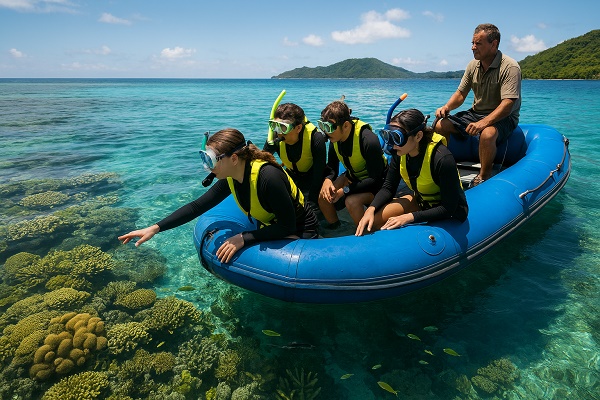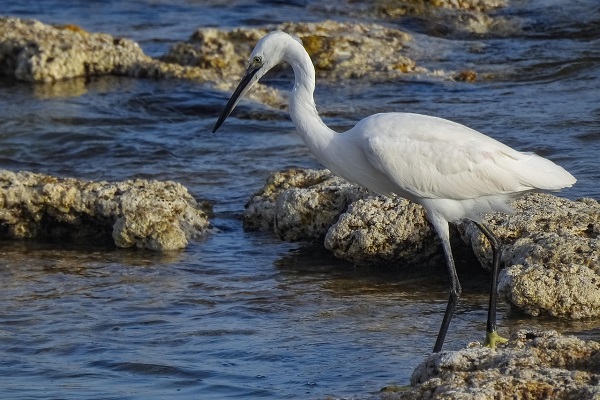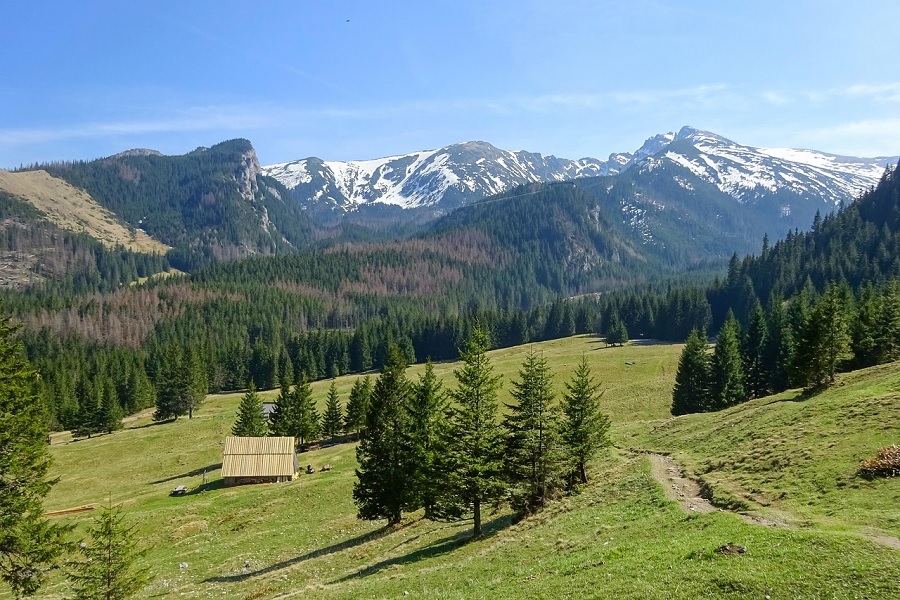Exploring the World Through Ecotourism: A Green Journey

As global awareness about environmental conservation grows, ecotourism has emerged as a vital and inspiring way to travel. Unlike traditional tourism, which can sometimes harm natural habitats and local communities, ecotourism promotes responsible travel that benefits the environment, respects local cultures, and fosters sustainability.
What is Ecotourism?
Ecotourism refers to nature-based travel that focuses on exploring and appreciating natural environments while minimizing environmental impact. It encourages conservation efforts, supports local economies, and educates travelers about the importance of protecting ecosystems. The goal of ecotourism is to create meaningful experiences that contribute positively to the places visited.
Why is Ecotourism Important?
Environmental Conservation: Ecotourism helps protect endangered species, forests, wetlands, and marine life by promoting awareness and funding conservation projects.
Empowering Local Communities: It generates income and employment opportunities for indigenous and rural populations, encouraging them to preserve their natural and cultural heritage.
Sustainable Development: Ecotourism supports the responsible use of resources, reducing pollution, waste, and overexploitation.
Educational Experience: Travelers learn about biodiversity, ecological balance, and the importance of sustainability firsthand.
Key Principles of Ecotourism
Respect Nature: Avoid disturbing wildlife or damaging plants and habitats.
Support Conservation: Choose eco-friendly accommodations and tour operators committed to sustainability.
Engage Locally: Participate in cultural exchanges and support local businesses.
Travel Responsibly: Minimize waste, use resources wisely, and reduce your carbon footprint.
Popular Ecotourism Destinations
Costa Rica: Known for its vast rainforests, volcanoes, and rich biodiversity, Costa Rica is a pioneer in sustainable tourism.
Galápagos Islands, Ecuador: A unique ecosystem with rare species, strictly regulated to preserve its natural balance.
Borneo, Malaysia/Indonesia: Home to endangered orangutans and ancient rainforests, offering responsible wildlife tours.
Kenya: Safari experiences focused on wildlife conservation and community involvement.
New Zealand: Famous for its pristine landscapes and eco-friendly outdoor adventures.
Activities in Ecotourism
Wildlife Watching: Observing animals in their natural habitats without interference.
Nature Trekking and Hiking: Exploring forests, mountains, and coastal areas sustainably.
Bird Watching: Discovering diverse bird species with minimal disturbance.
Community Visits: Learning about indigenous cultures and their sustainable lifestyles.
Volunteering: Participating in conservation projects like tree planting or habitat restoration.
Tips for Practicing Ecotourism
Choose Responsible Operators: Look for certifications like Green Globe or EcoTourism Australia.
Respect Wildlife: Keep a safe distance and never feed animals.
Minimize Plastic Use: Carry reusable bottles and bags.
Conserve Water and Energy: Use resources sparingly during your stay.
Leave No Trace: Take your trash with you and avoid damaging nature.
The Future of Ecotourism
With increasing climate challenges and biodiversity loss, ecotourism represents a hopeful path forward. It encourages travelers to be conscious about their impact and contributes to the preservation of our planet’s natural wonders. Governments, communities, and tourists working together can ensure that tourism remains a force for good.
























